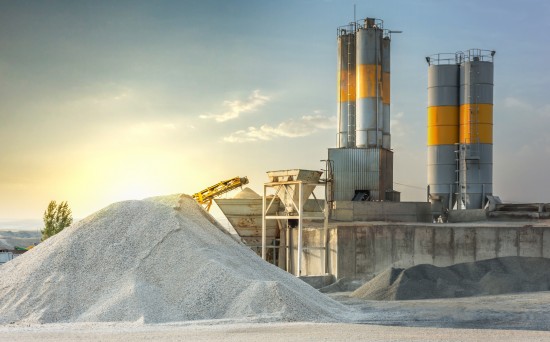The European Green Deal should protect the EU cement industry

Jan Deja, Office Director
of the Cement Producers Association draws attention to the problemof
transfering the cement industry outside Poland and the entire European Union.
Then, the Europe will be forced to import this product from Turkey, northern Africa or from across
its eastern border, because the demand will not decrease.Imports, in turn, will result in higher CO2 emissions because, in
addition to emissions from production, emissions generated during transport are
also added. The director informs that the EU cement industry is constantly
working on the possibilities of maximum reduction of carbon dioxide emissions
at every stage of cement production, however, it should be taken into account
that about 63% of CO2 emissions in the cement industry are process emissions
that cannot be eliminated.In addition, the European cement industry is focusing on CCSUS
technologiesas well as reducing CO2 emissions in clinker production.According to Deja,
both concrete and cement are not a threat to the climate, but they can play an
important role in the process of solving many problems related to climate
change and CO2 emissions.What's more, he notes that the cement industry plays a significant role
in the energy transition, as wind farms or hydroelectric power plants will not
be built without this raw material.In the director's opinion, products manufactured in the cement industry
undoubtedly fit into the strategy of the European Green Deal, therefore the
Union industry should be protected by the carbon border tax.
